How to Permit a Mobile Medical Vehicle?
Mobile medical vans may save lives daily. The best thing is that these vehicles can travel anywhere to provide access to medical services. Permitting...
3 min read
Craftsmen Industries Feb 22, 2024 5:31:04 PM
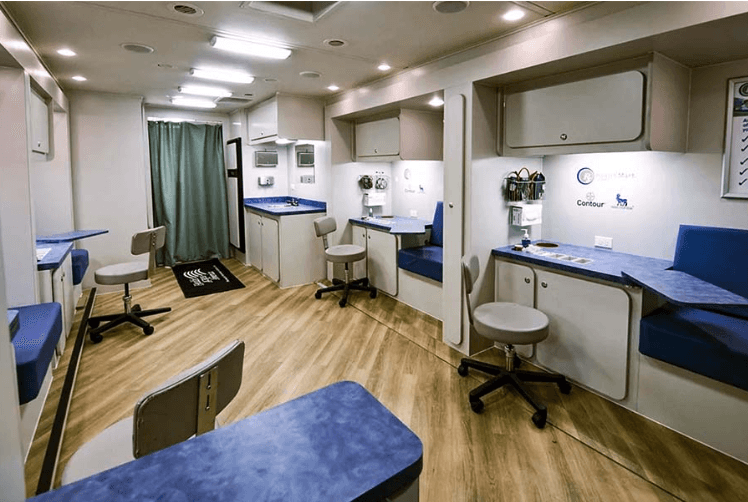
Innovations in healthcare delivery have led to the emergence of mobile medical vehicles, often serving underserved communities and remote areas. These vehicles are equipped with advanced medical technology and designed to deliver various healthcare services to those in need. But what type of medical professionals can practice within the mobile medical vehicle?
The success of mobile medical clinics heavily relies on the skills and expertise of the professionals who work in them. If you are interested in opening your mobile clinic, check this post. Join us as we delve into the diverse roles these healthcare providers have for its effective functioning.
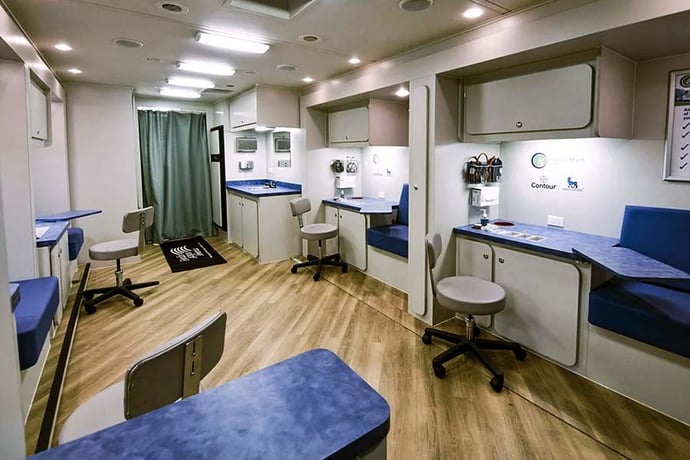
Source: craftsmenind.com
Mobile medical clinics have become integral to healthcare delivery systems worldwide. These medical units are designed to bring essential healthcare services to people’s doorsteps and provide them with on-site medical care.
They bring convenience and often serve communities living in remote and rural areas with limited accessibility to healthcare services and qualified medical professionals. Such mobile health vehicles have advanced medical equipment, including inevitable resources for natural disaster relief and other emergencies.
They offer flexibility and convenience for both patients and providers, providing preventive and primary care services to patients in a timely manner. Aside from offering wellness checks and patient care, the healthcare providers operating in these vehicles also educate about disease prevention and healthy lifestyle choices.
But what specialized medical professionals can provide services in a mobile medical vehicle? Let’s find out in continuation.
At the heart of every medical unit are qualified healthcare providers such as physicians. These professionals deliver primary care services, treating patients for a wide range of medical conditions.
They prescribe medications, conduct medical examinations, and treat various ailments on-site. Their knowledge and expertise are crucial for diagnosing conditions and educating patients about health-related issues.
Nurses are essential healthcare providers working in medical settings, including mobile medical vehicles. They administer treatments and medications as physicians prescribe and commonly monitor patients' vital signs and symptoms.
Their responsibilities also include providing wound care, performing minor procedures, and assisting in various medical procedures. Nurses address various healthcare needs and educate patients on self-care and preventative measures.
Well-equipped mobile medical units like those we manufacture at Craftsmen feature diagnostic equipment. Such advanced equipment is used for conducting various tests, including blood glucose monitoring and rapid strep tests.
It is also often used for performing basic laboratory investigations. Medical technologists are the professionals who operate these devices. They perform tests to ensure the accuracy of results and enable prompt diagnosis and treatment.
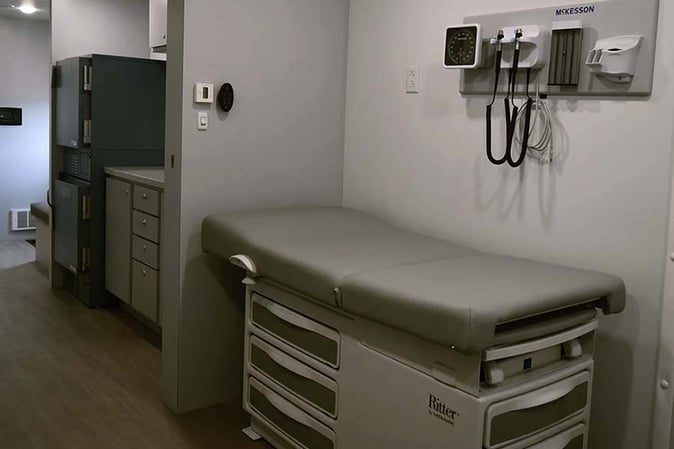
Source: craftsmenind.com
Pharmacists have a critical role in healthcare in mobile medical units. They manage medication inventories, dispense prescriptions, and offer medication counseling to patients. These medical professionals conduct medication reconciliation.
They commonly collaborate with physicians and other healthcare professionals regarding medication management. With their expertise, pharmacists ensure the safe and effective use of medications, especially in areas where access to pharmacies may be limited.
Since they assist physicians and nurses with medical procedures, the presence of emergency medical technicians in mobile medical units is often inevitable. These trained medical professionals perform diagnostic tests X-rays, blood draws, and electrocardiograms (ECGs).
They maintain the equipment and ensure it functions properly. Many mobile units also have emergency medical technicians who provide immediate medical assistance and often stabilize patients before they receive further treatment.
Aside from physical health services, mobile medical units may also provide mental health support. Mental health professionals like psychologists, counselors, and social workers address the psychological needs of those in need. They provide counseling, crisis intervention, and referrals to mental health resources. This approach contributes to holistic patient care.
Yes, it is a common practice for a mobile medical van to have a team of professionals who work together to deliver quality patient care. Each healthcare professional brings their expertise to provide comprehensive care to those in need.
Having a diverse team for your ‘clinic on wheels’ enables you to deliver convenient and effective healthcare delivery. With a team of qualified medical professionals, you can address various medical needs within the community.
Now that you know what type of medical professionals can operate within the mobile medical vehicle, let’s proceed with the qualifications they need.
Medical professionals operating in mobile medical units must follow the law regulations and have a relevant education, training, and professional degree. They must possess a medical degree from an accredited medical school, such as a Doctor of Medicine (DM), Bachelor of Science in Nursing (BSN), and others.
They must hold appropriate licensure and certifications to practice medicine in their respective fields, such as state medical licenses for physicians and registered nursing licenses for nurses. These healthcare providers should have experience and training in providing primary care, emergency care, or other relevant specialties.
Additionally, they should have proficiency in operating medical equipment commonly found in mobile medical units. Finally, these healthcare providers should possess strong communication skills and cultural competence to effectively serve diverse populations in various community settings.
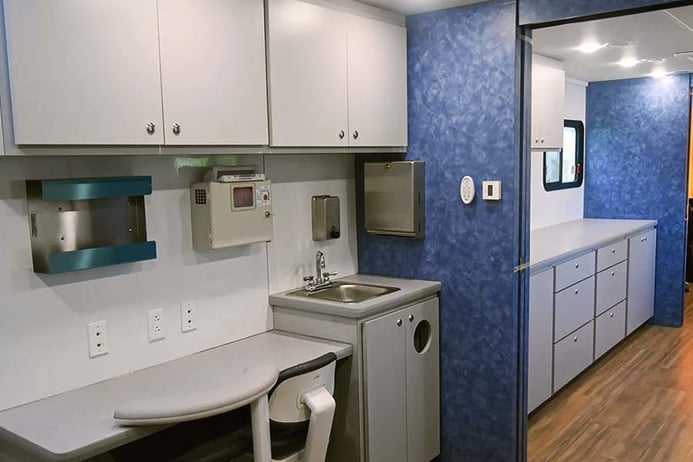
Source: craftsmenind.com
So, what type of medical professionals can operate within the mobile medical vehicle? The success of these vehicles in delivering essential healthcare relies on a multidisciplinary team of professionals, from physicians and nurses to medical technicians and mental health professionals, working collaboratively to deliver comprehensive services.
From direct patient care and making diagnoses to prescribing medications and providing immediate care, each role mentioned here contributes to the overarching goal of improving health outcomes and promoting wellness for those in need.
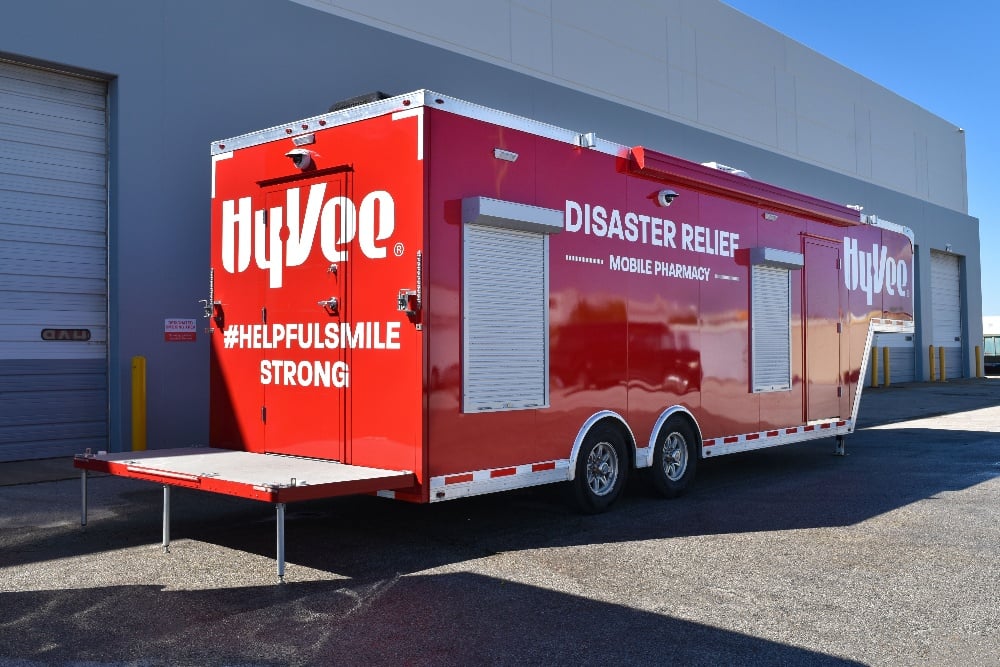
Mobile medical vans may save lives daily. The best thing is that these vehicles can travel anywhere to provide access to medical services. Permitting...
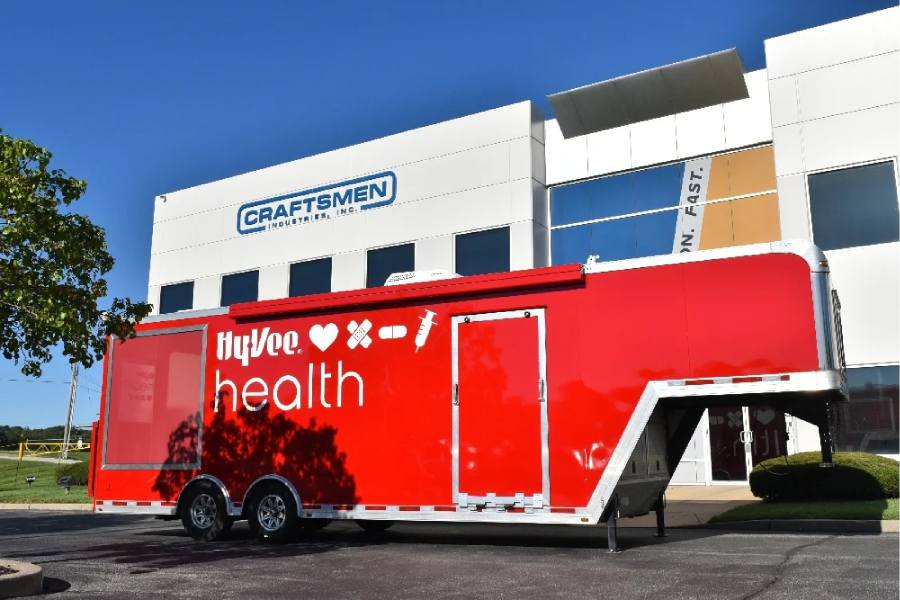
Mobile medical vehicles are highly sufficient types of vehicles used by healthcare providers who want to help underserved communities. But who...
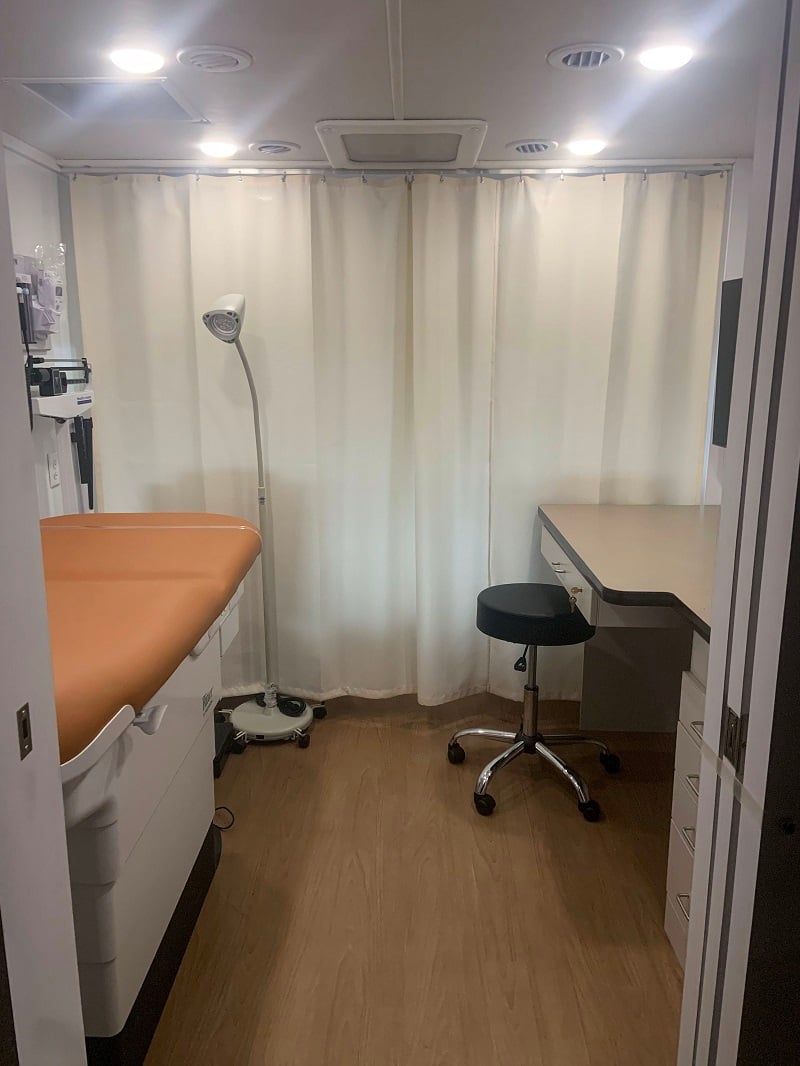
Mobile medical vehicles fill gaps in healthcare in the United States and many places throughout the world. Medical vehicles are typically large...